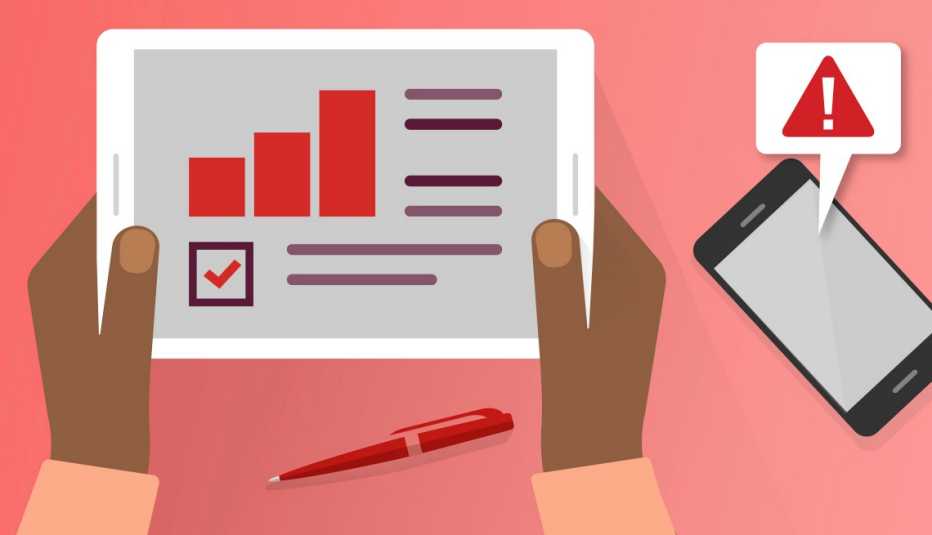AARP Hearing Center
Patricia Frolander, 78, walked into the Rapid City, South Dakota, Regional Airport last year with a ticket to St. George, Utah. She was on her way to visit a dear friend — but never got there. An airline employee broke the bad news: Her $398 ticket was for a nonexistent flight.
"I booked my trip through a travel agency website that looked legitimate,” Frolander says. The only red flag: fine print on Page 5 of her ticket saying she couldn't contest the reservation once purchased. “When my granddaughter checked online, she traced the website to a travel agency with a very bad history with the Better Business Bureau,” Frolander says. Her credit card company investigated and agreed to refund her money.

Scammers are constantly looking for ways to part people from their money, and, unfortunately, have found lucrative targets among travelers.
Here's how experts say you can avoid six current travel scams.
1. Free or rock-bottom deals
Phone calls, emails and postcards with enticing travel offers are tempting, but a deal that's way under the value of a trip — like five nights in a hotel plus airfare to Maui for $200 — means it's probably a scam, says Amy Nofziger, AARP's anti-fraud expert.
Avoid this scam: Simply walk away from any deal that seems too good to be true. And if a company asks you to pay with a prepaid gift card instead of a credit card or debit card, it's a scam, Nofziger says. Always work with a trusted travel agency or company that has a long, proven history of offering travel opportunities, she says.






































































